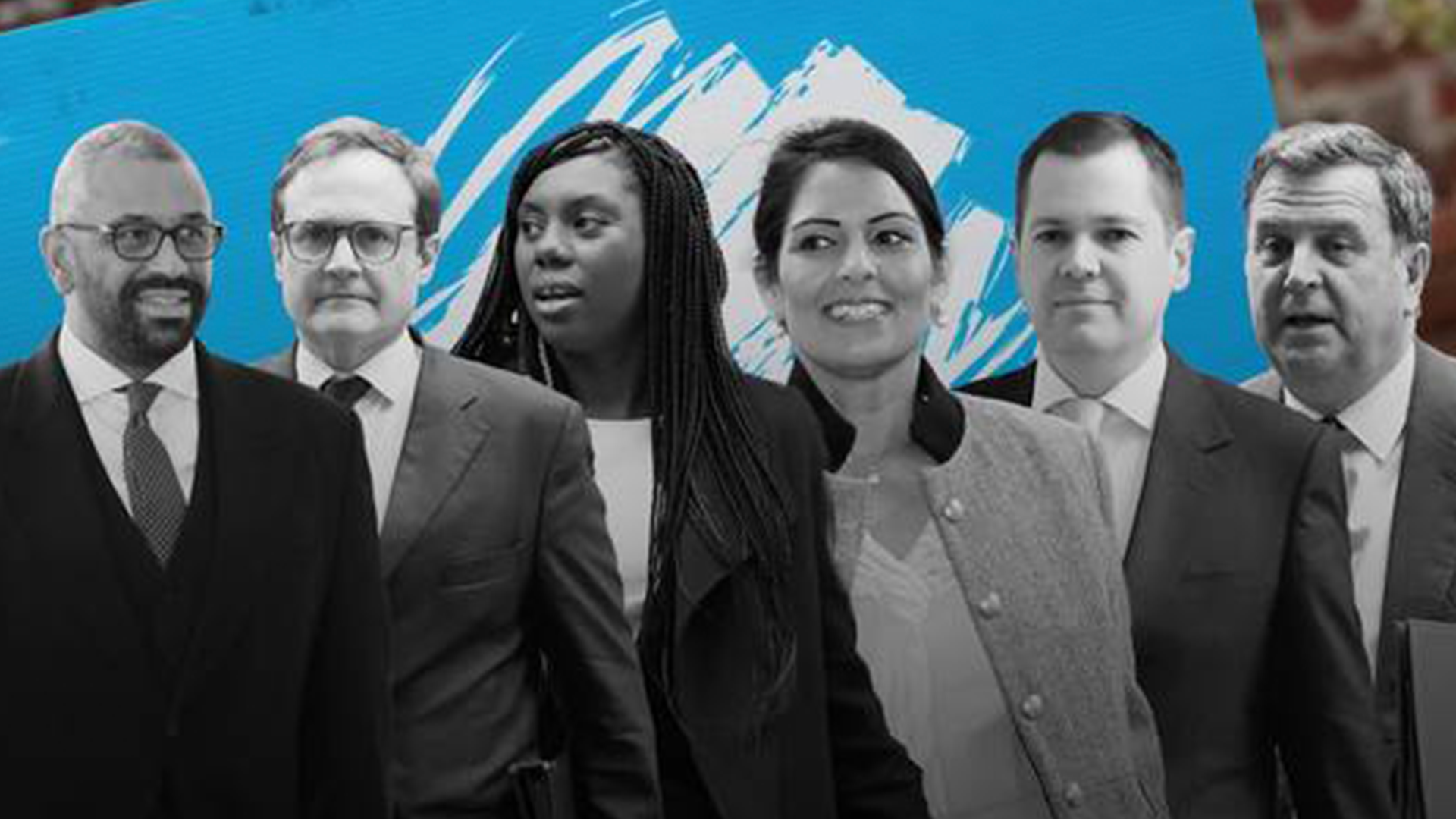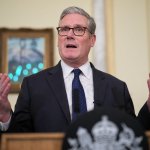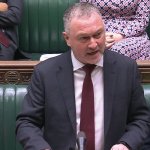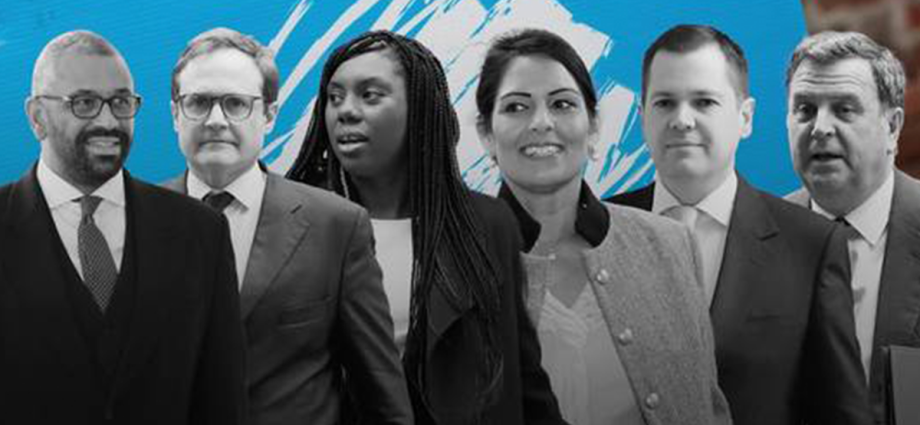New research shows the most popular Conservative leadership candidates tend to the least well-known.
Savanta, which carried out the polling, warned “the rule of thumb appears to be that the more the public see of them, the less they like them”.
The findings are an ominous message for the group, who are due to spend the next four months battling it out for the top job.
This year’s Conservative party conference will be dominated by the contest, which will not finally conclude until 2 November.
The latest research shows former security minister Tom Tugendhat is the most popular with the public, but nearly one third, 29 per cent, chose ‘don’t know’ when asked about him.
And, in a sign of why the Tories were heavily defeated in last month’s general election, to be the most popular candidate Mr Tugendhat’s net favourability rating was -5.

Robert Jenrick and Mel Stride are the next most popular on -9, “likely due to both of their high ‘don’t know’ responses” Savanta said.
The least popular continues to be former home secretary Priti Patel, with a net favourability score of -30.
Chris Hopkins, political research director at Savanta, said: “Unfortunately for all six Conservative candidates so far, the rule of thumb appears to be that the more the public see of them, the less they like them. The fundamental dynamics of the race don’t appear to have shifted that much since the beginning of civil unrest two weeks ago – with many contenders keeping a low-key public profile during this time.”
“Our research essentially suggests that there is no clear frontrunner among the public of the Conservative leadership candidates. But there is also a sense of the political choice Conservative MPs and members may yet have to make. Do they want to elect someone as leader who can pick up Liberal Democrat or Reform voters, or simply hold onto the base? Because currently, it looks like there isn’t one person who can do all three, which they will need to if they want to get back into government.”
On Sunday one of the contender, James Cleverly slammed Nigel Farage, telling him to choose between being a “serious politician or a social media content creator”.
The shadow home secretary accused the Reform UK leader of making statements designed to “generate traffic” as riots erupted across the country.











